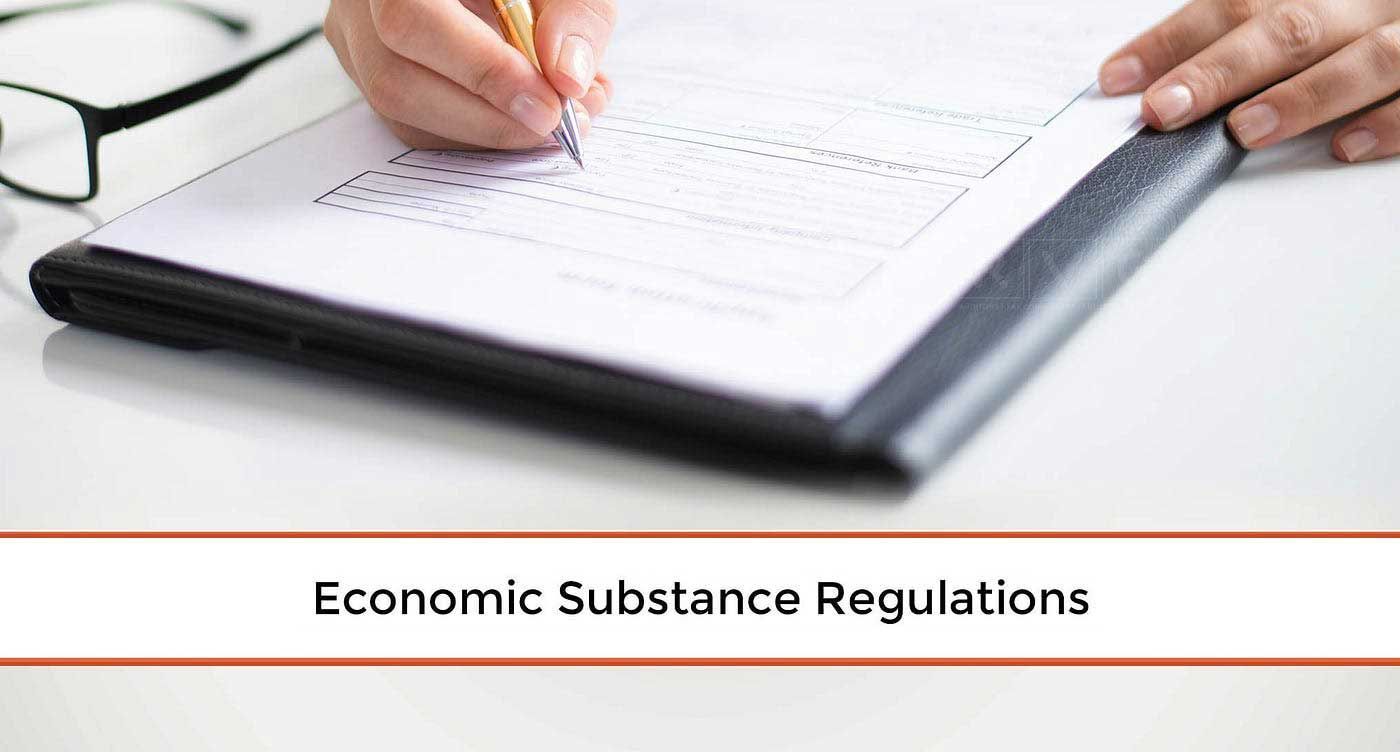Why a Tax agency..?
VAT in UAE: How do Tax Agents help you Ensure Compliance?
Taxable persons hire tax agents in the UAE to ensure they are meeting all the regulatory requirements mandated by the Federal Tax Authority (FTA). As per Federal Law No. (7) of 2017, tax agents are persons appointed on behalf of taxable entities to represent them before the FTA. Taxable businesses need to appoint the right tax agent to meet their tax obligations and avoid any type of tax-related penalties.
Read ahead to know further:
FTA-Registered Tax Agents in the UAE
A Tax Agent is usually engaged by his or her clients through the Tax Agency with which he or she is associated in order to provide tax related services which could include:
- Helping the businesses register with the FTA;
- Preparing and submitting tax returns to the FTA on behalf of the businesses;
- Maintaining tax related records and/or information;
- Enquiring about tax related matters with the FTA; and
- Submitting requests for reconsideration of decisions issued by the FTA.
Tax agents assist taxable persons meet their tax obligations according to a contractual agreement between the person and the Tax Agent and in accordance with the Tax Agent’s duties as stated in the tax legislation. However, businesses need to hire tax agents who are registered with the FTA. As per Article 13 of the UAE Tax Procedures Law, only the persons listed in the FTA’s tax agents register and licensed by the Ministry of Economy are permitted to practice as a tax agent in the UAE.
Qualities & Qualifications of Tax Agents in the UAE
Before appointing a tax agent, you should understand the basic qualities and qualifications the person is required to hold. Article 10 of Cabinet Decision No. (36) of 2017 on the Executive Regulation of Federal Law No. (7) of 2017 states that a tax agent must possess the following qualities and qualifications to be listed in the FTA Register:
- Tax agents in the UAE must be of good conduct & behaviour, and should not be convicted of any crime
- Must hold at least a certified Bachelor’s or Master’s degree in tax, accounting or law from a recognised educational institution (a bachelor’s degree plus a tax certification issued by an internationally known tax institute is also accepted)
- At least three years’ experience as a tax professional / a qualified lawyer or an accountant
- Written and oral communication skills in both Arabic and English
- Must have passed any test to meet the qualification standards mandated by the FTA
- Medically fit to perform the duties of a tax agent in the UAE
- Must have professional indemnity insurance or be covered by one
What is the Significance of FTA-registered tax agents?
In order to ensure seamless VAT compliance in the UAE, taxable entities need to make sure their communication with the FTA is proper and effective. A tax agent in the UAE is the authorised person who can communicate directly with the FTA on your behalf. Since they are registered with the FTA, tax agents have the authority to represent you before the Authority. Tax agents can represent you before the FTA whenever the Authority makes any inquiries or you want to raise any issue with the Authority. Since a tax agent is well-versed in tax laws and the Arabic language, the FTA can easily understand and quickly resolve your tax-related issues.
How AMANA will help you...?
We, being an FTA approved tax agent in Dubai UAE, have an extensive experience and knowledge about VAT requirements. Our application of knowledge will help you to make quick decisions and develop good routines to comply with VAT law and regulations.
Being a certified Tax Agent, we are privileged to represent your company legally in front of the FTA.
As your trusted and reliable partner, we combine a strong understanding of the business insights and comprehensive tax knowledge to assist our clients with tax-related needs.
We stay abreast of the updated tax guidelines or amendments and explore new ways to meet our clients’ changing tax-related requirements.
We undertake comprehensive tax planning and offer advice on complex issues to ensure compliance in order to help avoid penalties on non-compliance of the provisions in the VAT law and related regulations.


